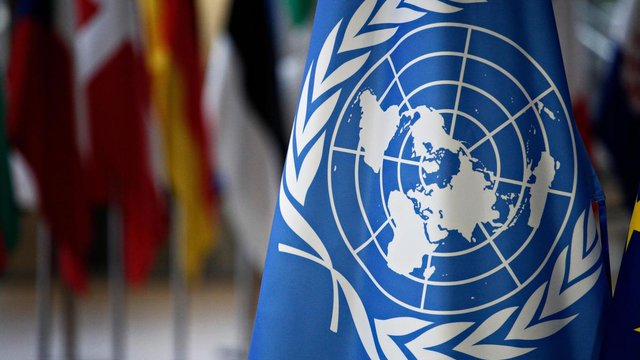UN Commission finds additional evidence of torture by Russian authorities against Ukrainian POWs, civilians

The Independent International Commission of Inquiry on Ukraine found new evidence showing common patterns of torture by Russian authorities against Ukrainian civilians and prisoners of war in occupied Ukrainian territories and in the Russian Federation.
As the commission said in its latest update to the Human Rights Council issued on Monday, the wide geographic spread of locations and the prevalence of shared patterns in the way torture is committed demonstrate that torture has been used as a common and acceptable practice with a sense of impunity.
"The Commission's further investigation into cases of torture provides evidence that Russian authorities committed torture in the Ukrainian regions where they have taken control of territories. The new evidence reinforces the Commission’s previous finding that torture committed by Russian authorities has been widespread," it said in a press release.
The Commission has identified additional common elements in the use of torture by Russian authorities, reinforcing its earlier finding that this was systematic. One element is the consistency of violent practices imposed in detention centers where detainees from Ukraine have been held in the Russian Federation, and the replication of these practices in several large penitentiary centers in occupied areas of Ukraine.
The UN Commission stressed that another common element emerging from the evidence points towards a coordinated use of personnel from specific services of the Russian Federation involved in torture in all the detention facilities investigated by the Commission.
"A further common feature is the recurrent use of sexual violence, mainly against male victims, as a form of torture in almost all of these detention centers. Moreover, the Commission notes testimonies of former detainees about penitentiary personnel in the Russian Federation referring to orders to inflict brutal treatment," it said.
Testimonies also illustrate that in some detention facilities higher ranking Russian authorities ordered, tolerated, or took no action to stop such treatment.
A civilian man subjected to torture for ten consecutive days told the Commission: "The scariest thing was that the perpetrators were doing everything in silence, and very professionally. I understood they were doing this to many people, and they did not perceive us as human beings."
The Commission has also continued its documentation of attacks with explosive weapons affecting civilian objects in populated areas with devastating consequences. It investigated attacks that struck medical institutions, cultural objects, residential buildings, and supermarkets in territories under Ukrainian Government control.
Pursuing its investigation of Russian Federation's large-scale waves of attacks on Ukraine's energy infrastructure — some of which have resulted in power outages affecting millions of civilians — the Commission has found new evidence of the impact of such attacks on the health and well-being of the population. The blackouts have particularly affected certain categories of the population. The power outages have also led to disruptions of online education, resulting in greater losses for displaced children and children with disabilities, who are more likely to enroll in remote education.
"The Commission reiterated the importance of continuing investigations, identification of perpetrators, and accountability, as well as comprehensive support for victims. It calls upon all parties to cooperate and coordinate their efforts on these important matters," it said.



